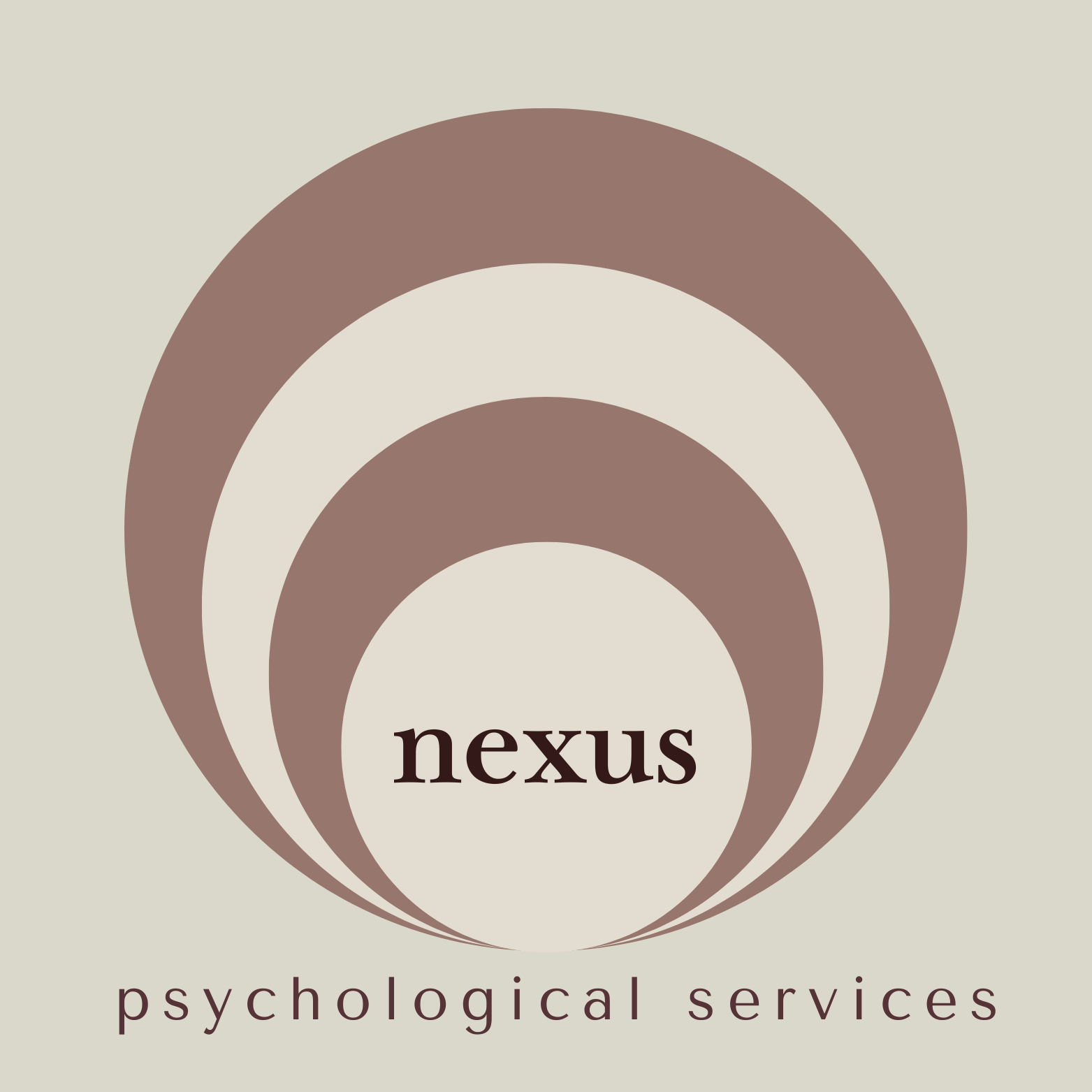Cognitive Behavioural Therapy (CBT)
CBT stands for Cognitive Behavioural Therapy. It is a widely used form of therapy that focuses on helping individuals to identify and change negative thought patterns and behaviours that contribute to their emotional distress or mental health issues. CBT is based on the principle that our thoughts, feelings, and behaviours are interconnected and that changing one domain can contribute to alleviating distress.
The therapy is typically short-term and goal-oriented, with clients actively participating in structured sessions to learn specific techniques and strategies to manage their symptoms and improve their well-being. In CBT, the therapist and client work together to identify and challenge irrational or unhelpful thoughts and beliefs, often through exercises such as cognitive restructuring or thought records.
Clients also learn coping skills, relaxation techniques and problem-solving strategies to address their symptoms and prevent relapse. CBT has been shown to be effective in treating a wide range of mental health conditions, including depression, anxiety disorders, PTSD, OCD, and eating disorders. It's often used as a stand-alone treatment or in conjunction with medication and other therapies depending on the individual's needs and preferences.








